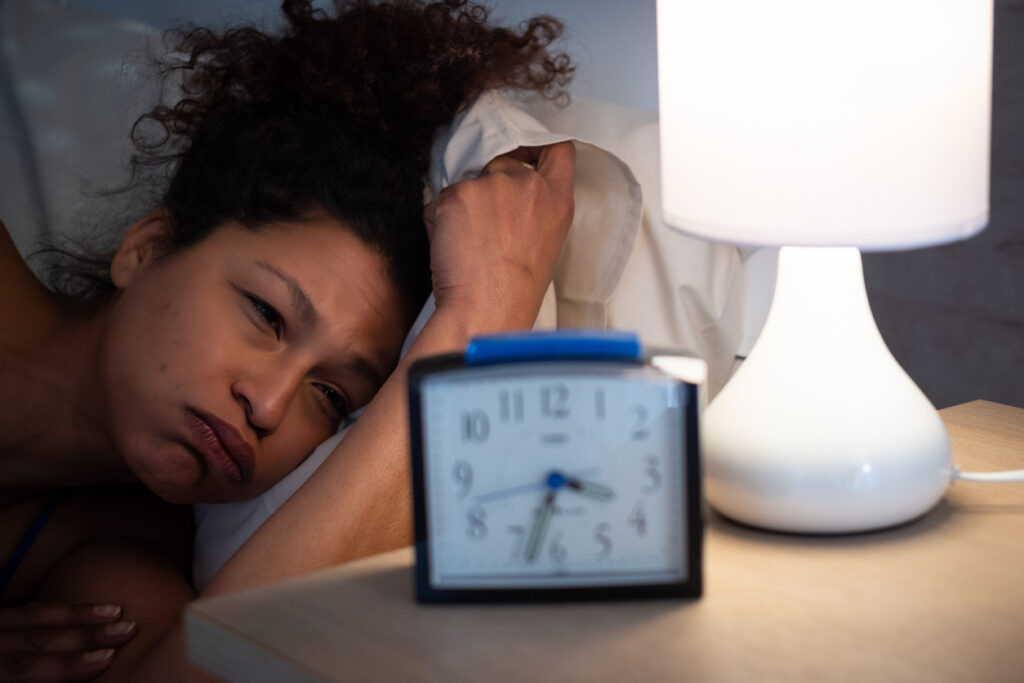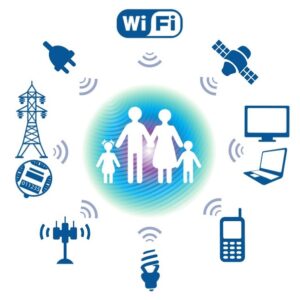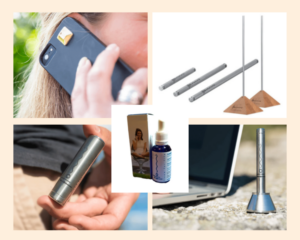
The Dalai Lama famously said, “Happiness in simplicity can be achieved with a flexible mindset and nine hours sleep each night.” But for many of us, that’s easier said than done.
If nine hours of uninterrupted sleep sounds like a dream come true, read on. In this blog, we will reveal three unexpected things that could be keeping you up at night and provide some easy solutions to getting the healing rest you need.
Today, we’re getting to the bottom of the burning question so many of those in chronic pain ask themselves every night… “why can’t I sleep?”.
Sleep Deprivation and Pain—A Vicious Cycle (That you CAN Break)
Did you know that losing sleep actually reduces your body’s ability to process pain, effectively lowering your pain threshold? A 2015 study found that individuals with sleep disorders (like insomnia) had increased pain sensitivity. So, if you can’t sleep because you’re in pain and the pain keeps getting worse because you’re not sleeping, guess what happens? A vicious cycle that becomes increasingly more difficult to climb out of. But don’t worry, we’re going to give you some easy strategies that could help break that cycle for good.
Why Sleep is Essential to Heal from Chronic Pain
Getting proper rest each night is correlated with better mental health, less stress, a healthier immune system, and a better quality of life. And, as we mentioned before, deep sleep, which occurs right before REM sleep, plays a significant role in reducing inflammation and chronic pain.
Common Sleep Disruptors
Maybe you’ve heard of these everyday sleep disruptors before, but it’s never a bad idea to be reminded of the things that can cause the tossing and turning we’d all like to avoid.
Common Causes of Poor Sleep:
- Blue lights from technology
- Too much ambient light in your bedroom
- A too warm bedroom
- Caffeine consumption
- Noise pollution
- Sleeping with pets or children
- Prescription medications like antidepressants
Have you tried to address these common causes of sleep deprivation with no success? Then it’s time to examine lesser-known causes of sleeplessness and explore some viable solutions.
3 Little Known Sleep Disruptors and How to Fix Them
1. Melatonin Supplements

Touted as a natural “miracle cure” for insomnia, melatonin supplements are extremely popular with those who want to avoid pharmaceutical sleeping pills. So much so that by next year (2021), melatonin-based sleep aids are projected to generate around 1.5 billion U.S. dollars worldwide.
Melatonin is generally accepted as a safe short-term solution to achieving better sleep by doctors. Still, long-term melatonin use can disturb your body’s natural sleep cycle, making you dependent on it.
Additionally, melatonin supplements were once thought to ease the symptoms of autoimmune conditions, but a recent study found that rheumatoid arthritis symptoms surprisingly worsened in study subjects who took melatonin.
Other side effects of long-term melatonin use:
- Weight gain
- Nightmares and bad dreams
- Hypertension (high blood pressure)
- Daytime drowsiness
- Irritability
- Constipation
An alternative solution to melatonin supplements: We suggest trying a natural herbal tea if you need an extra little push off into dreamland each night. As opposed to melatonin supplements, herbal teas can be used long-term because they are non-habit forming and have little to no side-effects. Check out our blog for three easy recipes for sleep-inducing teas to get started tonight.
2. Eating Before Bed

We all love a midnight snack, but studies have shown that eating the wrong thing right before bedtime can harm sleep quality. If you eat a heavy, greasy, or spicy meal right before you go to sleep, you could be faced with uncomfortable heartburn, indigestion, and acid reflux throughout the night. Additionally, drinking too many fluids could have you getting up multiple times a night to use the bathroom.
Avoid these foods before bed if you have trouble sleeping:
- Chocolate
- Spicy foods
- Overly fatty foods
- Sugary deserts
Sleep-inducing bedtime snack ideas: Instead of spicy, fatty, or rich food before bed, try enjoying kiwi fruit. One Taiwanese study found that eating kiwi improved sleep onset, duration, and efficiency in adults who self-reported sleep disturbances. You could also reach for naturally melatonin-rich foods like bananas, oats, or cherries.
3. EMFs—An Invisible Threat

Would you ever imagine that an invisible threat like EMFs (electromagnetic fields) could affect the quality of sleep you achieve and even whether or not you heal from chronic pain?
EMFs are typical in almost every home and workplace. The source? Smartphones, electrical wiring, computers, power lines, smart meters, televisions, microwave ovens, and tons of other common appliances.
A study in 2012 found that EMF’s can block the body’s production of melatonin, thus impeding sleep. This happens because the pineal gland (which produces melatonin and other essential hormones) reads EMF radiation’s electrical nature as a light source.
So, what can you do to counteract the harmful nature of EMFs in your home and improve sleep quality once and for all?
EMF-blocking sleep solutions: quick fixes for nighttime EMF exposure include unplugging electronics when they’re not in use and not sleeping with your smartphone in your bed, but for more significant protection from EMFs—try the following solutions:

The Sana Health Blanket— Constructed of a unique reflective material, not unlike that used in astronaut suits’ lining, The Sana Health Blanket protects you from harmful EMFs, not by blocking them, but by ensuring your body’s natural EMFs are being allowed to function optimally with you. While you sleep, your energy is utilized primarily by your body. To read real-life stories of people who have achieved better sleep from the Sana Health Blanket, read our case studies:
- Microcurrent Case Study: How Kaija Freed Herself from CRPS Pain
- Microcurrent Case Study: How Bill Beat CRPS

Floww™ EMF Protection Products— Floww devices utilize electromagnetic energy that is typically harmful to the human body as a power source to create a naturally balanced energy-field.
These wavelengths are comparable with the Schumann Resonances, natural electromagnetic vibrations in the atmosphere that, according to scientists, contribute to overall health and vitality.
Our client, Zorica, says of Floww technology:
“I am so grateful and thankful for this technology and share this information with family and friends! It was a leap of faith, but ultimately, it paid off. Thank you so much.”
- To read more about how Zorica neutralized EMFs’ threat in her home with Floww ™ technology, click here.
Your Body Needs Quality Sleep to Heal
As one of the five pillars of The Hache Protocol for Pain Resolution™, you can’t ignore sleep’s critical role in healing if you have chronic pain, inflammation, or an autoimmune condition. We hope that bringing some of these familiar and lesser-known sleep disruptors to your attention and providing some simple solutions will help you get the ZZZs you need to start feeling better and brighter each morning.
If you would like assistance in selecting EMF protection products or creating a routine that will support the healing quality of sleep, please reach out for a complimentary consultation.





